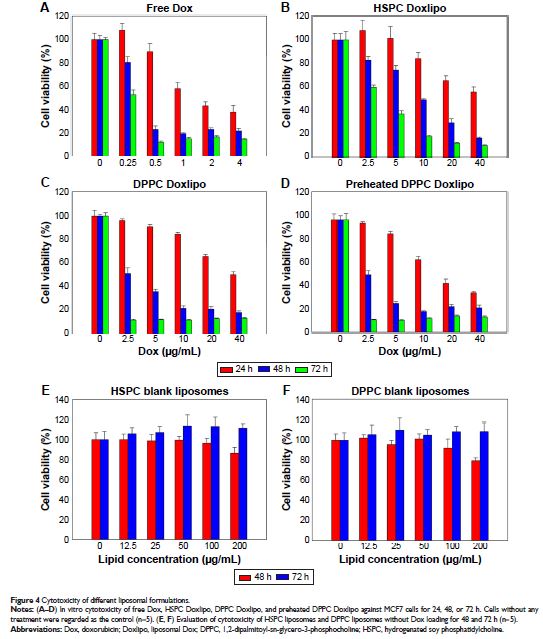108985
论文已发表
注册即可获取德孚的最新动态
IF 收录期刊
- 3.4 Breast Cancer (Dove Med Press)
- 3.2 Clin Epidemiol
- 2.6 Cancer Manag Res
- 2.9 Infect Drug Resist
- 3.7 Clin Interv Aging
- 5.1 Drug Des Dev Ther
- 3.1 Int J Chronic Obstr
- 6.6 Int J Nanomed
- 2.6 Int J Women's Health
- 2.9 Neuropsych Dis Treat
- 2.8 OncoTargets Ther
- 2.0 Patient Prefer Adher
- 2.2 Ther Clin Risk Manag
- 2.5 J Pain Res
- 3.0 Diabet Metab Synd Ob
- 3.2 Psychol Res Behav Ma
- 3.4 Nat Sci Sleep
- 1.8 Pharmgenomics Pers Med
- 2.0 Risk Manag Healthc Policy
- 4.1 J Inflamm Res
- 2.0 Int J Gen Med
- 3.4 J Hepatocell Carcinoma
- 3.0 J Asthma Allergy
- 2.2 Clin Cosmet Investig Dermatol
- 2.4 J Multidiscip Healthc

用于抗癌药物递送的脂质体制剂的转录宽度结构鉴定
Authors Li Y, Wang M, Huang B, Ping Y, You J, Gao J
Received 12 August 2017
Accepted for publication 14 October 2017
Published 29 November 2017 Volume 2017:12 Pages 8557—8572
DOI https://doi.org/10.2147/IJN.S148975
Checked for plagiarism Yes
Review by Single-blind
Peer reviewers approved by Dr Alexander Kharlamov
Peer reviewer comments 2
Editor who approved publication: Dr Linlin Sun
Abstract: Although
widely used in chemotherapy, free doxorubicin (Dox) might enhance cell
malignancy undesirably. Liposomal Dox (Doxlipo) has been clinically approved
for the treatment of breast cancer due to reduced systematical toxicity and
increased tumor targeting, yet the transcriptome-wide elucidation of the
Doxlipo formulations remains elusive. To this end, we explored the impact of
two Dox liposomal formulations, Doxlipo mainly containing hydrogenated soy
phosphatidylcholine or 1,2-dipalmitoyl-sn-glycero-3-phosphocholine, on the
transcriptional pattern of MCF-7 cells. The two types of Dox liposomal
formulations with different drug release kinetics were investigated to reveal
the relationship between the formulation and tumor malignancy. Interestingly,
we found that liposomal formulation significantly altered the transcriptional
pattern of a wide range of genes. Under equivalent dosage of Dox, free Dox
substantially changed the expression of ANK1, ACTA2, GPR87, GDF15, FZD6, and
WNT4 in MCF-7 cells. Notably, free Dox induced much higher expression of ABCB1
and significantly enhanced the cell migration behavior in comparison with HSPC
Doxlipo under a similar level of cytotoxicity. Finally, siRNA targeting GPR87
was codelivered with cationic Doxlipo to reduce the expression of
malignancy-related genes. Our study, for the first time, provides an overview
of the influence of formulation on the malignancy at transcriptional level and
reveals the relationship between cytotoxicity and cell malignancy from the
formulation aspect, offering valuable reference for the future formulation
design for anticancer drug delivery.
Keywords: liposomes, doxorubicin, cellular uptake, cell malignancy,
transcriptional profiling
